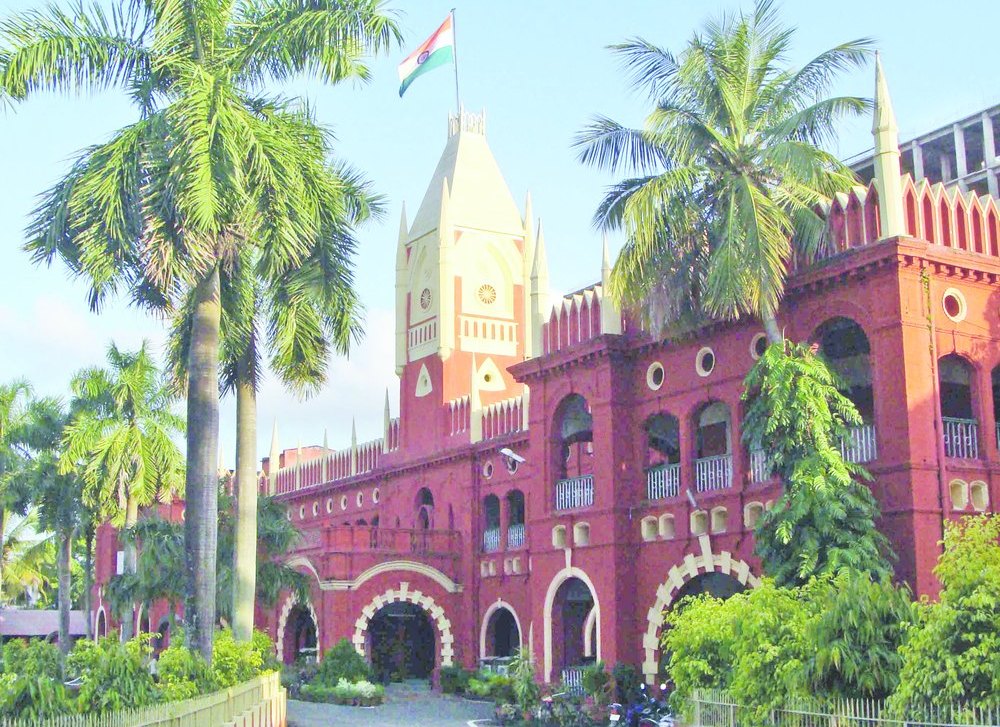Bhubaneswar: The Orissa High Court Wednesday commuted the death sentence, awarded by a trial court to a man for killing three members of a family in Sambalpur in 2020, to life imprisonment. According to the prosecution, Nabin Dehury, along with his son Hemananda Dehury, axed to death Giridhari Sahu, Pirobati Behera and Sabitri Sahu at Lapada under Mahulpali police limits of Sambalpur at around 2:30 pm October 21, 2020 over a property dispute.
Soon after, Nabin and his son were arrested and were charge-sheeted under Sections 302 and 34 of the IPC. While Nabin was accused of committing the murders, Hemananda was accused of aiding his father in the gruesome act. The trial court awarded death to Nabin and life imprisonment to Hemananda. As per the provision under Section 366 of CrPC, the trial court referred the matter to the HC for confirmation of the death penalty.
Meanwhile, Nabin filed a jail criminal appeal and Hemananda filed a criminal appeal challenging their convictions. It was argued on behalf of Hemananda that he was not involved in the commission of the murder. Also, as per the testimony of the eyewitnesses, he merely restricted Sabitri while she was proceeding to rescue her mother – Pirobati. The HC, however, believed that the act of Hemananda contributed to the culpable act of Nabin.
Consequently, the HC found both the father-son duo guilty of an offence under Sections 302 and 34 of IPC and upheld the life imprisonment imposed upon Hemananda. After upholding the guilt of Nabin, the HC discussed the justifiability of the extreme sentence of death imposed upon him by the trial court. It lamented that the trial court did not consider mitigating circumstances while sentencing Nabin. During the argument, the HC directed the Senior Superintendent of Circle Jail to collect all relevant information regarding the past life, psychological condition and post-conviction conduct of Nabin. In response, the Senior Superintendent of Circle Jail submitted a report which suggested that Nabin had good relations with the co-villagers and that his post-conviction conduct was also satisfactory.
It, however, came to light that due to the longstanding property dispute between the two families, Nabin used to remain ‘upset’ and was also taking medications to combat the trauma. “Given the foregoing discussions and giving our anxious consideration to the facts and circumstances of the case and striking a balance between the aggravating and mitigating circumstances in the case, we are of the humble view that the death penalty would be disproportionate, unwarranted and life imprisonment would be a more appropriate sentence,” it held.
